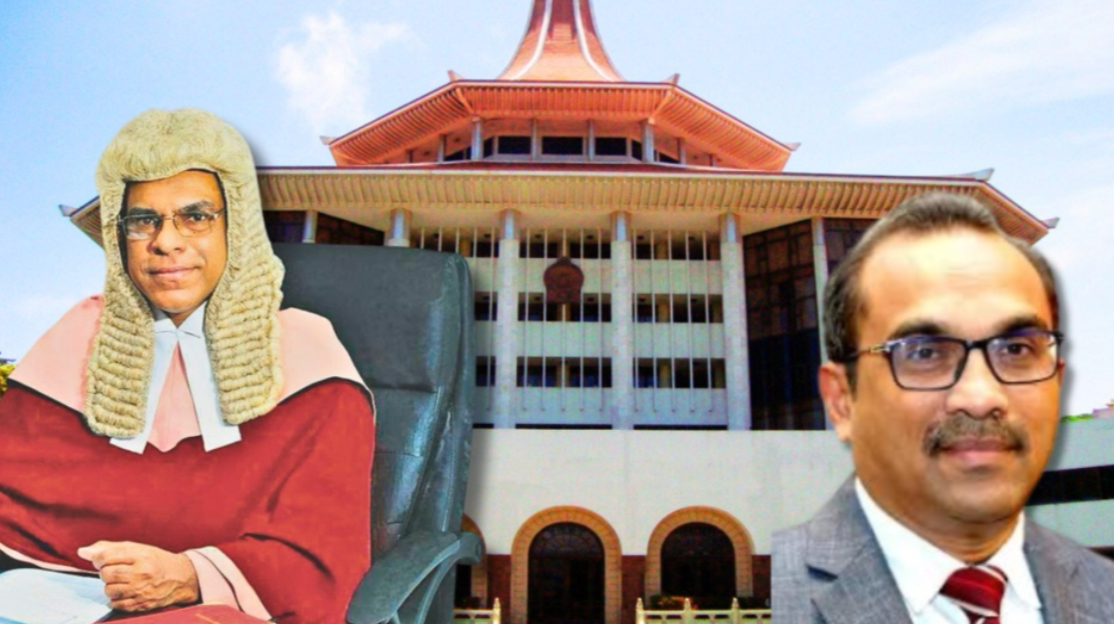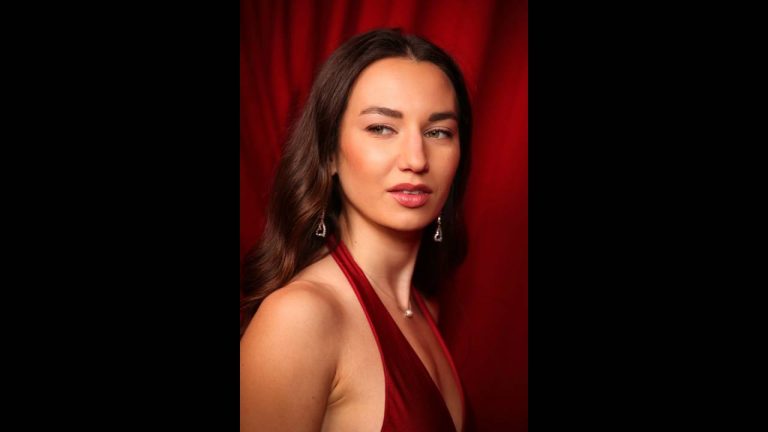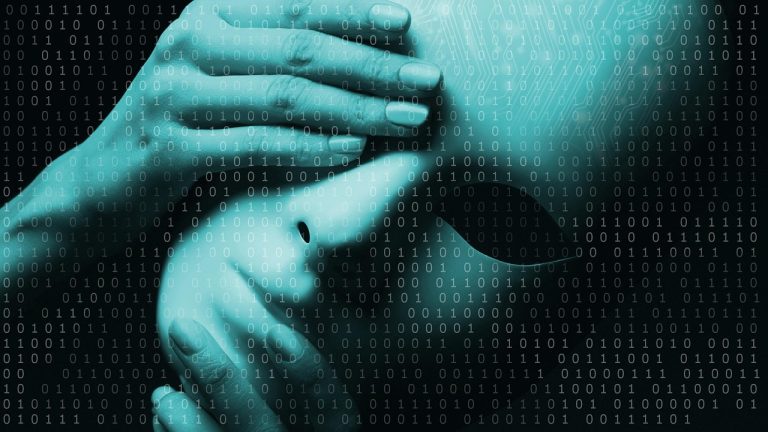
Padman Surasena’s Strategic Push for Chief Justice of Sri Lanka Post
As Chief Justice of Sri Lanka Murdu Fernando nears mandatory retirement in July 2025, a discreet but fervent power struggle has reportedly begun to unfold behind the scenes of Sri Lanka’s judicial and political apparatus. According to credible sources within Hulftsdorp and parliamentary circles, Justice Padman Surasena is actively seeking to influence the government to secure his elevation to the judiciary’s highest post.
Insiders close to parliamentary affairs reveal that Justice Padman Surasena—currently a sitting judge of the Supreme Court—is emerging as a frontrunner for the position, largely due to his newfound political connections. Most notably, he is said to have developed a close rapport with Bimal Rathnayake, the influential Leader of the House and a senior figure in the ruling Janatha Vimukthi Peramuna (JVP).
Their association is reported to have blossomed after Justice Surasena was appointed to chair the three-member parliamentary committee investigating the suspended Inspector General of Police, Deshabandu Tennakoon, on allegations of misconduct and abuse of authority. Following this appointment, Justice Surasena and Rathnayake allegedly held a series of undisclosed discussions within Parliament, fueling speculation that Rathnayake has become an ardent advocate for Surasena’s elevation to Chief Justice.
Reliable sources suggest that during these closed-door exchanges, Justice Surasena offered assurances to Rathnayake that the inquiry he chairs would conclude with a guilty finding against IGP Tennakoon. Rathnayake has reportedly conveyed these developments to President Anura Kumara Dissanayake, presenting Surasena’s efforts as both dutiful and politically expedient.
However, legal professionals across Colombo’s Hulftsdorp legal district are raising concerns over the integrity of such manoeuvrings. Justice Surasena, while known publicly as a strict disciplinarian, is privately seen by many in the legal community as having ascended the judicial ranks through political patronage rather than purely on merit.
Justice Surasena’s elevation to President of the Court of Appeal, ahead of several more senior judges, is frequently linked to his alleged proximity to former President Maithripala Sirisena, facilitated through an elusive intermediary referred to in legal circles as “Japan Indika.” Anecdotes abound of Surasena’s repeated visits to Sirisena’s private residence, even performing menial tasks, in what some interpret as a campaign for promotion.
Rathnayake, leveraging his position within the JVP, is reportedly pressuring the party’s politburo to formally recommend Surasena to President Anura Kumara Dissanayake. Critics within the ruling alliance argue that this recommendation is being made for personal political gain rather than institutional merit.
President Anura Kumara Dissanayake, currently on an official visit to Germany, has yet to name a nominee for the Chief Justice role. However, growing concerns within the Constitutional Council and broader legal community suggest that any politically motivated appointment would erode the judiciary’s independence and credibility.
Justice Samayawardhena, now a Supreme Court judge, has consistently mirrored Surasena’s hardline judicial philosophy. In a recent judgment, he overturned a ruling of the Court of Appeal that had implications for a sitting Member of Parliament, further raising concerns about consistency and fairness in appellate review.
Within the Constitutional Council, disquiet is reportedly growing. Multiple members have expressed concern about recent judgments from the Supreme Court that reflect increasingly rigid and arguably politicised interpretations of the law. These trends have triggered discussions on the need to re-evaluate certain rulings and reconsider the judicial philosophy guiding some of the Court’s most influential justices.
In the lead-up to his official visit to Germany, President Anura Kumara Dissanayake convened a confidential meeting with his trusted legal advisers to deliberate on a matter of national significance: the nomination of the next Chief Justice of Sri Lanka.
During the high-level discussion, a senior presidential aide strongly advocated for the appointment of a liberal-minded jurist to the Supreme Court—someone who would uphold justice without veering into politically motivated interpretations of the law.
Senior advisors reminded the President that it was Justice Mahinda Samayawardhena—widely known as a close confidant of Justice Surasena—who issued the interim order suspending Deshabandu Tennakoon from his duties as Inspector General of Police. This judicial decision, many believe, marked a turning point that contributed significantly to the collapse of former President Ranil Wickremesinghe’s administration.
Cautioning the President further, a senior counsel warned that appointing Justice Surasena as the next Chief Justice could pose a serious risk to the stability of the current government. With the National People’s Power (NPP) facing declining popularity in certain quarters, a Chief Justice with a hardline judicial philosophy could issue rulings that disrupt the effective functioning of the Dissanayake administration—whether by design or legal technicality.
Legal experts aligned with the NPP echoed this concern, highlighting that Justice Surasena’s closest allies in the Supreme Court include Justice Samayawardhena and another prominent Justice who is an alumnus of Trinity College, Kandy—an institution often associated with elite power networks.
Taking these insights seriously, President Anura Kumara Dissanayake acknowledged the gravity of the matter, stressing that all relevant factors—political, legal, and institutional—must be carefully weighed when selecting the nominee for Sri Lanka’s next Chief Justice.
As the judiciary stands at a crucial juncture, the decision on Sri Lanka’s next Chief Justice will have far-reaching implications—not only for the administration of justice but for the country’s democratic integrity. While the process is meant to be impartial and grounded in legal merit, the increasing fusion of judicial aspirations with political allegiances threatens to compromise the very institution it seeks to protect.
The coming weeks will reveal whether Sri Lanka’s legal system can resist political encroachment—or whether quiet compromises behind closed doors will shape the nation’s highest court.


